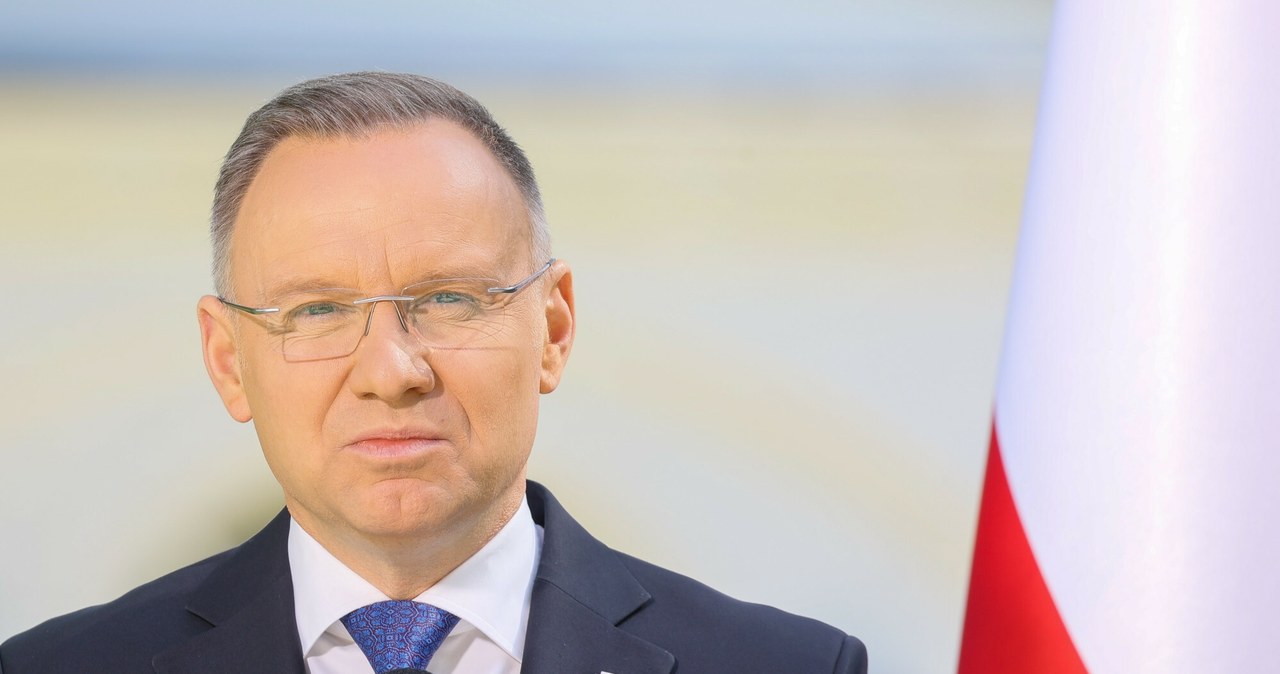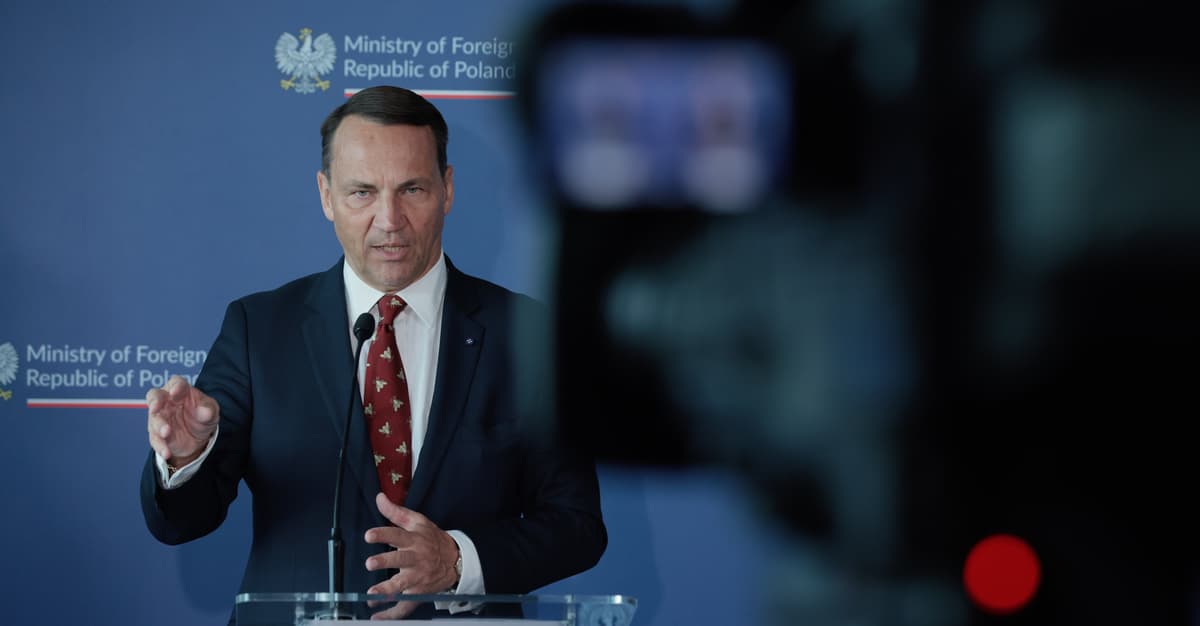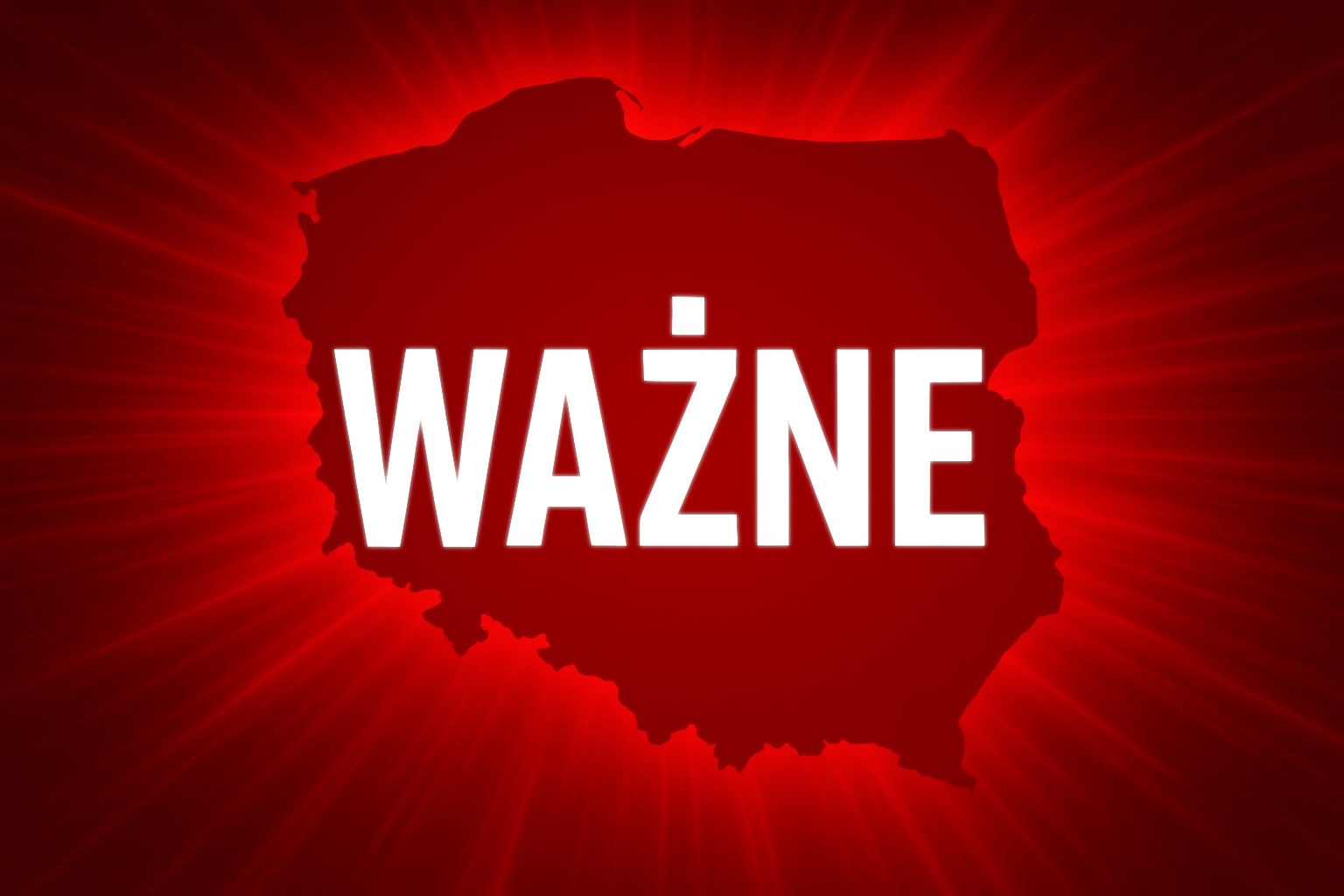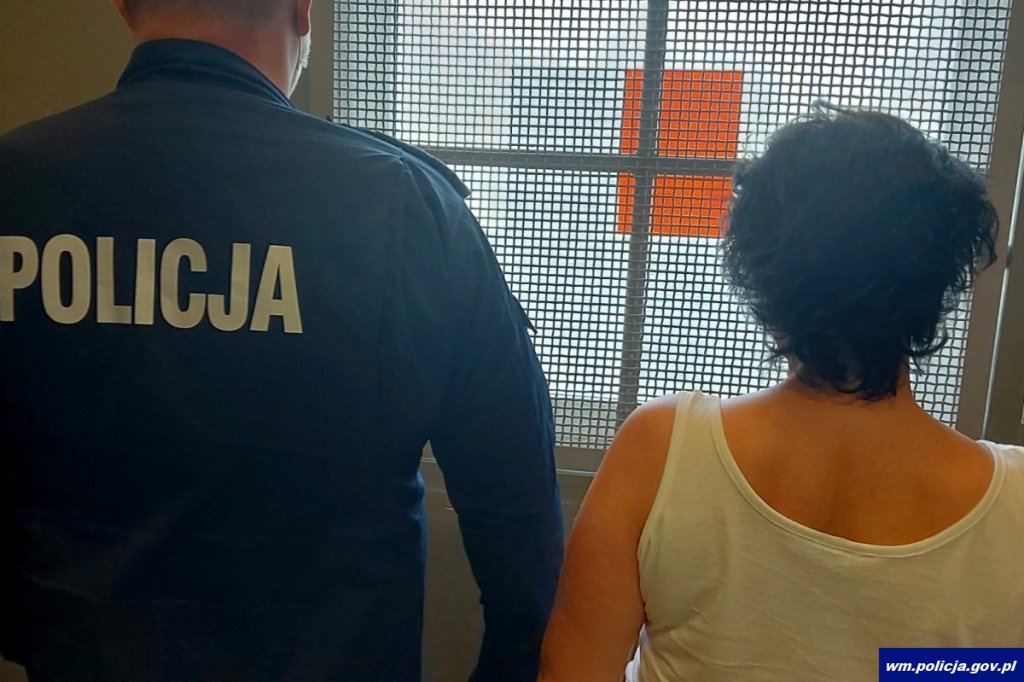
Some lawyers claim that the state must be 100% sovereign to be called a state. Despite this state, formerly existing inside protectorates are sometimes referred to in the entity's literature as full-fledged states but at the same time half sovereign, and the PRL is sometimes referred to by historians as a full-fledged state but in general without sovereignty. It is noted that although the state must be sovereign, for example German cities-states after the Westphalian area did not have full sovereignty.
How's that paradox? Is this due to the difference that sovereignty is zero-one in law and fluid in historography?
In global law, simply being a state does not require 100% independence.
The classical definition of Article 1 of the Montevideo Convention (1933) speaks only of the population, territory, government and capacity to keep relations with others – the words "swingenness" and "independence" are not there.
Sovereignty is “detachable”.
Politologist Stephen D. Krasner distinguishes among others.
domestic (internal),
international-legal (recognition),
Westphalian (no external interference)
– and shows that the state can be sovereign in 1 dimension and not in another.
The law knows the category ‘dependent/protected State’.
The dictionary of American diplomacy emphasizes that the protectorate “remains formal sovereignty and remains a state in global law, although part of its competence is delegated to the protector. That's why the literature says "half-stroke country."
An example of the erstwhile cities and states of the First Reich
The Westfalz Peace (1648) "recognized the full territorial sovereignty of the empire-member countries and allowed them to make their own treaties, unless they harmed the emperor." They were so subjects of the emperor, and at the same time they were treated as entities of global law – classical “sylerence with an asterisk”.
PRL as a state without real sovereignty.
In UN documents, People's Poland has been a normal, equal associate of the community of states, but most historians present describe it as "a satellite state, non-svoking" due to the decisive influence of the SSR on abroad and defence policy. This is simply a good example of a chapter between jurisdictional sovereignty and actual sovereignty.
Sovereignty can besides be freely shared.
The European Union is sometimes called "the top experimentation in the sharing of sovereignty" – associate States stay independent, but have delegated any of their competences to the Community authorities. However, they have not ceased to be states.
Why is there a contradiction between lawyers and historians?
How does an global lawyer look? The basic criterion is whether the entity meets the Montevideo minimum and is recognised by others. The historian looks at how much country has real control over the military, diplomacy, economy?
The lawyer looks at the formal attribute – either it is, or it is not (although it may be limited by contracts). Historian sees the spectrum – from full independency to complete dependence; more crucial is the actual scope of manoeuvre.
Protectorate can be a "subsidiary state" (legal position preserved) for a lawyer, "Quasi-State" or "half-swingerenne" – this is simply a description of the degree of incapacitation for the historian.
The Polish People's Republic, Manjukuo, the Duchy of Warsaw de jure of the state (the Montevideo fulfilled, even had the designation of any actors). In fact, they were in a large part of the political marionettes - that's why the analyses show the description "non-swinging".
As a result
There is no contradiction in the definition of the State itself. A minimum capacity to act and a certain level of designation are adequate to make a legal and global entity.
‘100 % sovereignty’ is simply a thought abbreviation. Almost all modern state renounces any part of its competence (treaties, global organisations, trade regimes) and no 1 deprives it of its status.
Historians describe the practice, so they usage sovereignty in a smooth way to capture a real strategy of forces – hence expected oxymorons of the kind "non-sworeenne state".
In another words, the law needs a simple, binary "state-non-state" tag, while researchers of political life have the luxury of talking about shades of grey. Paradox has no – there are only 2 different languages of speaking about the same reality.










![Oszuści nie dają szans! Rządowa agencja bije na alarm: możesz stracić wszystko [12.07.2025]](https://static.warszawawpigulce.pl/wp-content/uploads/2025/06/Uwaga-1-15.jpg)
![Polacy tracą oszczędności życia! Dramatyczne ostrzeżenie służb [12.07.2025]](https://static.warszawawpigulce.pl/wp-content/uploads/2025/06/PILNE-6.jpg)


